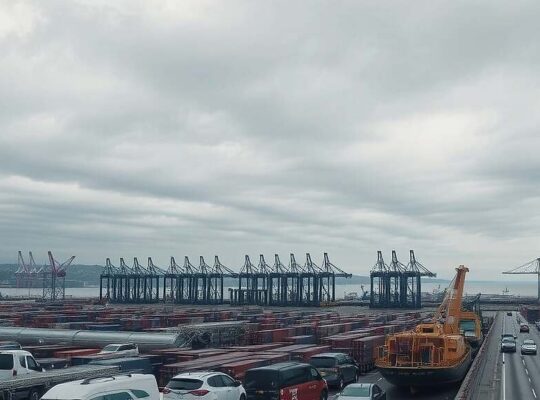The study, highlighted by the “Mediengruppe Bayern” scrutinizes Bavaria’s relative appeal and evolving dynamics within the global industrial landscape Bertram Brossardt, CEO of vbw, noted that while Bavaria maintains a position four places ahead of Germany overall, its past rankings were more favorable
Notably, the study’s methodology has been revised, limiting direct comparisons with previous years Countries outperforming Bavaria include Switzerland, Denmark, Australia, Canada, Sweden, Ireland, the United States and Finland While significant competitors like Japan, South Korea and China lag behind in terms of overall location quality, the study underscores a concerning trend regarding dynamism
Bavaria’s rank in dynamism-a measure of adaptability and growth-is particularly alarming, placing it 44th, even trailing behind Germany overall (41st) This reflects a markedly faster improvement in the quality of conditions within competitor nations, steadily eroding Bavaria’s long-held edge The top ten positions in the dynamism ranking are occupied by emerging economies, led by India, followed by Vietnam, China, Indonesia, Brazil, Thailand, Ecuador, Israel, Argentina and Turkey
Brossardt emphasized that cost levels are a crucial factor He stated that Bavaria and Germany face a substantial competitive disadvantage in terms of taxes, labor costs and energy expenses, a situation set to worsen He called for urgent action from the federal government, urging a continued and decisive commitment to improving Germany’s economic standing
The study highlighted Bavaria’s strengths, particularly in diversification and complexity of the economy, market size, the nature of value chains and openness of markets, where it currently holds the top position A strong knowledge orientation also places Bavaria among the leaders (3rd) However, costs represent a significant weakness, with Bavaria ranking near the bottom
Brossardt reiterated the need for reduced costs and less bureaucracy to facilitate crucial investments needed to compete internationally He cited energy and wage-related costs as primary cost drivers and called on the new federal government to implement relief measures, arguing that these factors negatively impact Bavaria’s ranking












